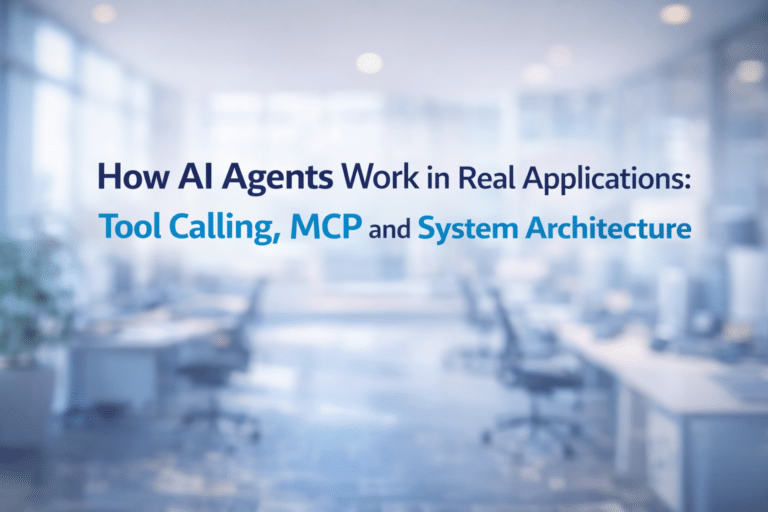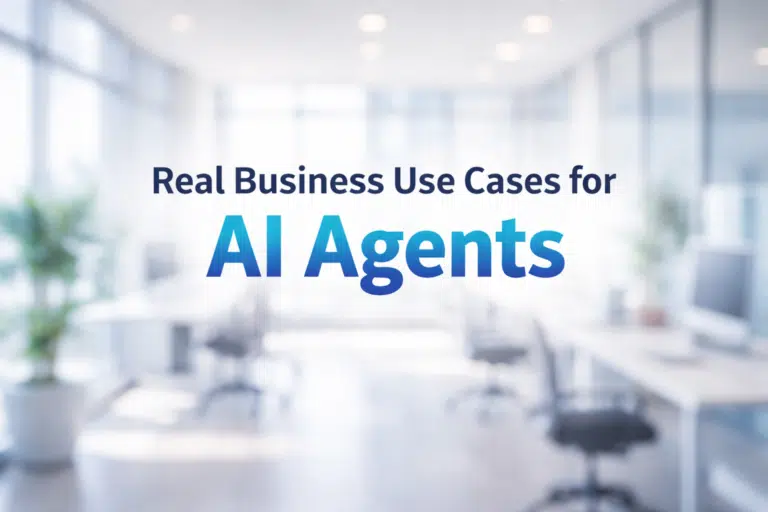In the vibrant landscape of small businesses, efficiency and growth are the heartbeat of success and that ‘s when the ERP systems – the unsung heroes have the power to revolutionise operations, drive profitability, and fuel expansion. In this article, we embark on a journey to explore the manifold benefits of implementing an ERP System for small businesses. Let’s delve into ERP systems for small businesses, demystify their significance, and uncover the transformative impact they can have, all while keeping technical jargon at bay.
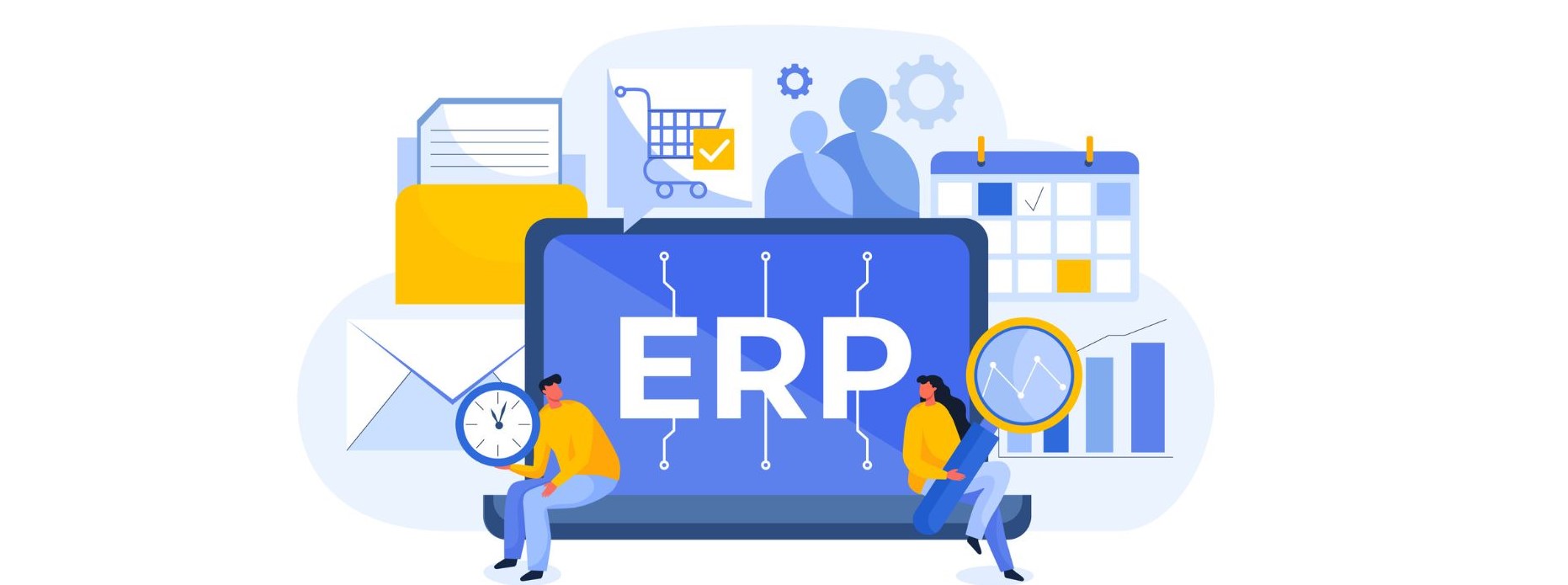
What is ERP Software?
ERP, or Enterprise Resource Planning, is a suite of integrated software applications designed to centralise and automate various business processes within a unified system. From finance and human resources to inventory and customer relationship management, ERPs encompass diverse functions to streamline operations and enhance collaboration.
What Do Small Businesses Stand to Gain from an ERP?
Small businesses are the beating heart of innovation and growth, often navigating resource constraints while striving to compete in a dynamic marketplace. The benefits of implementing an ERP System for small businesses are both profound and accessible, leading to the following:
Enhanced Data Quality and Accessibility
In a world teeming with data, harnessing its potential can be overwhelming. Small businesses are no exception, often struggling to manage scattered information that hinders productivity. An ERP System for small businesses transforms this scenario by serving as a centralised repository. It provides a unified platform where accurate, up-to-date data is readily accessible to authorised users across departments. The days of data silos and disjointed communication are behind you.
Imagine a scenario where your sales team can seamlessly access inventory levels, empowering them to provide accurate delivery estimates to customers. Meanwhile, your finance team effortlessly retrieves customer payment histories, facilitating informed credit decisions. The result is a cohesive and efficient operation where teams collaborate based on consistent, accurate data.
Accurate Reporting and Analysis
The adage “knowledge is power” resonates strongly in the business world. Informed decisions are the bedrock of success, and this is where an ERP system’s reporting and analysis capabilities shine. Generating accurate reports and insightful analytics is no longer a daunting task but a streamlined process.
ERP systems gather data from various sources, transforming raw information into actionable insights. This empowers small business owners to make well-informed decisions grounded in real-time data. For instance, analysing customer purchase patterns might reveal emerging trends that guide inventory planning and marketing strategies. This data-driven decision-making fosters agility and positions your small business to respond swiftly to market changes.
With enhanced data quality and analytical prowess, an ERP system becomes your small business’s strategic compass, confidently navigating the complex terrain of modern business.
Fast Sharing and Collaboration
The heartbeat of a successful small business is collaborative teamwork. However, traditional communication methods such as email threads and spreadsheets can lead to inefficiencies and miscommunications. ERP systems revolutionise this landscape by enabling real-time sharing and collaboration.
Teams can collaborate on shared projects, with changes reflected instantaneously for all stakeholders. For instance, the marketing, sales, and finance departments simultaneously scan and track a marketing campaign’s progress. This real-time transparency eliminates information gaps, reduces delays, and fosters a sense of unity among team members.
In the era of remote work and geographically dispersed teams, fast sharing and collaboration are indispensable. An ERP System for small businesses bridges physical gaps, ensuring that your small business thrives through seamless teamwork regardless of location.
Informed, Timely Decision-Making
The adage “knowledge is power” holds, especially in the context of small businesses aiming for growth. Timely decisions backed by accurate information can be the difference between seizing opportunities and succumbing to challenges. TRP systems are pivotal in providing the insights needed for informed decision-making.
Imagine a scenario where you’re evaluating whether to launch a new product line. An ERP system aggregates data on market trends, production costs, and customer preferences. With this comprehensive information, you can make a data-driven decision aligning with your small business’s goals.
Moreover, ERP systems offer real-time insights that empower small business owners to respond swiftly to market shifts. For instance, monitoring sales patterns allows you to adjust inventory levels or marketing strategies to optimise results.
In the rapidly evolving business landscape, informed decisions made promptly are a competitive advantage. An ERP system becomes your trusted ally, arming you with the knowledge to navigate challenges and seize opportunities.
Scalability to Suit Your Business
Growth is the hallmark of a thriving small business. However, scaling up operations can pose challenges without the right tools. An ERP system is a versatile partner, seamlessly accommodating your business’s evolution.
Small businesses often fear outgrowing their systems, leading to painful transitions. ERP systems are designed to grow with your business, ensuring that your operations remain streamlined. as you expand. Whether adding new product lines, expanding your customer base, or entering new markets, an ERP system can adapt to these changes.
Imagine a small business that starts as a local bakery and gradually expands into an e-commerce platform. An ERP system that initially managed in-store sales can seamlessly incorporate online orders, shipping logistics, and customer interactions.
By offering scalability, an ERP system for small businesses ensures that you can embrace growth without the hurdles of system overhauls. This flexibility is a testament to the adaptability of ERP systems, making them the perfect companion for your journey towards expansion.
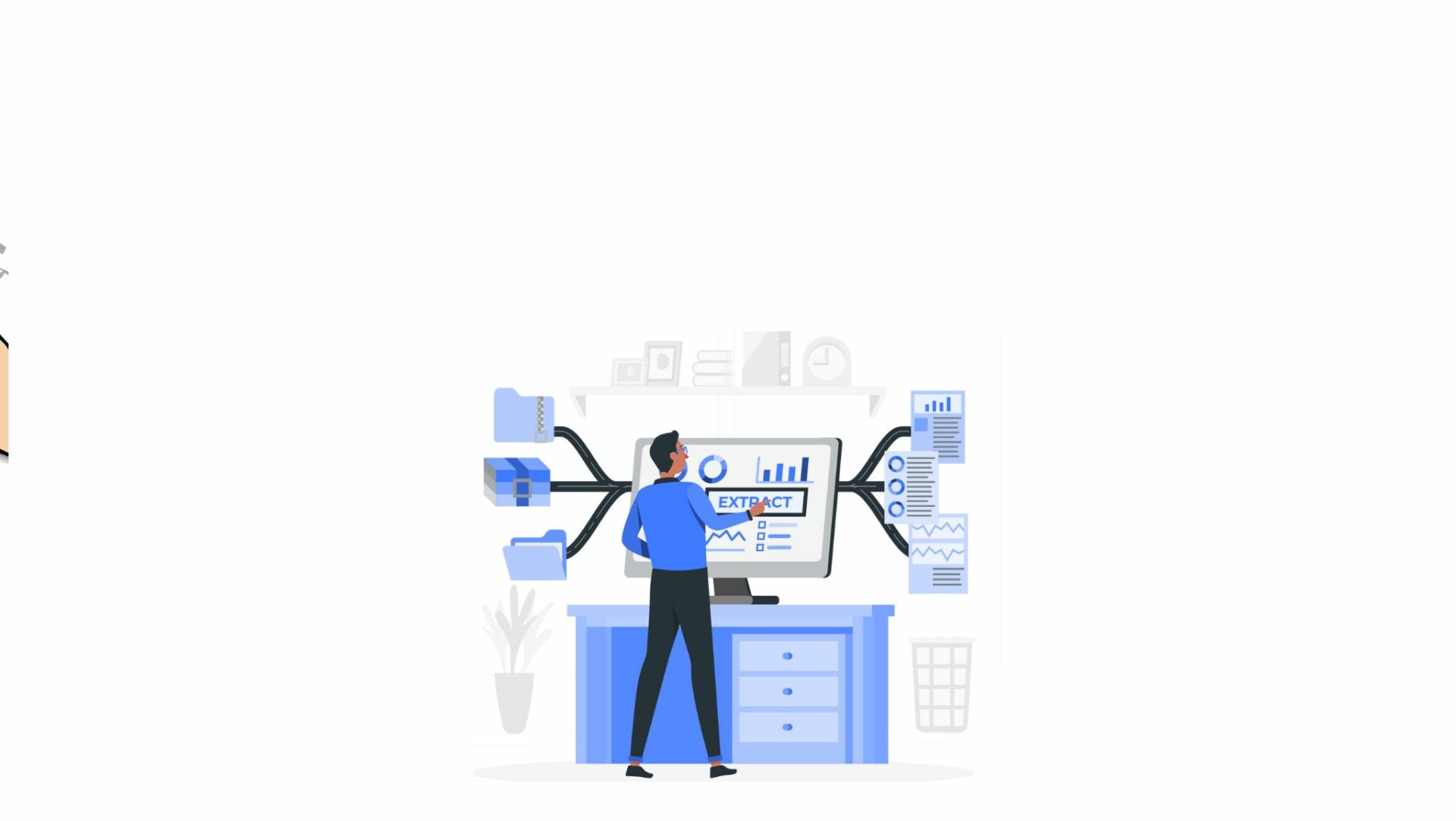
Why Is No Amount of Data Too Little for an ERP?
The misconception that ERP systems are reserved for larger enterprises couldn’t be further from the truth. Regardless of the volume of data your small business generates, the benefits of an ERP system are transformative and accessible.
Data Organization and Accessibility
Small businesses may have less data than their larger counterparts, but efficient data management remains crucial. Without proper organisation and accessibility, even small amounts of data can lead to confusion and inefficiency. An ERP system introduces order to this chaos by creating a centralised repository.
Imagine a scenario where a customer inquiry requires information from multiple departments. Without an ERP system, retrieving this data could involve navigating different software and spreadsheets. An ERP system makes data readily accessible, ensuring a prompt and accurate response.
An ERP system simplifies information retrieval by centralising data, leading to quicker decision-making and streamlined operations. This organised approach ensures that even small businesses can maximise their data resources.
Improved Efficiency
Efficiency is a universal goal, regardless of business size. While small businesses may handle smaller volumes of data, the need for efficiency is just as pressing. An ERP system streamlines processes, automating tasks that otherwise consume valuable time.
Consider the process of reconciling financial transactions. This could involve manual entry, cross-referencing, and error correction without an ERP system. With an ERP system, these tasks are automated, reducing the likelihood of errors and freeing up time for more strategic endeavours.
The efficiency gained from an ERP system extends beyond data management. Collaboration among teams becomes smoother, with information flowing seamlessly between departments. This improved efficiency enhances productivity, allowing small businesses to accomplish more with available resources.
Growth Preparedness
Small businesses often start with modest data volumes, but growth aspirations loom large. Implementing an ERP system isn’t just about managing current data—it’s an investment in future growth.
An ERP system positions your small business for scalability. As your data volume grows, the system remains equipped to handle the influx. This eliminates the need for a cumbersome transition to a new system down the line, ensuring continuity as your small business expands.
Imagine a small business that starts as a neighbourhood boutique and gradually expands into multiple locations. An ERP system that initially managed sales and inventory for one store can seamlessly accommodate the needs of a growing enterprise.
By embracing an ERP system early, you lay the foundation for future growth without the disruptions associated with system transitions. This preparedness ensures that your small business can seize opportunities and adapt to changes while maintaining operational efficiency.
How Can ERP Pricing Flex to Accommodate Smaller Budgets?
The misconception that ERP systems are a luxury reserved for larger budgets is far from reality. ERP providers recognise the unique needs of small businesses and offer pricing models that accommodate varying budgets.
Modular Approach
Small businesses have specific requirements that may not necessitate the entire suite of ERP functionalities. ERP providers often offer modular solutions, allowing you to select and pay for relevant features.
For instance, if your small business primarily focuses on inventory management and sales, you can opt for modules that cater to these functions. This modular approach ensures that you’re investing in what truly matters, maximising the value of your ERP system within your budget.
Cloud-Based Solutions
Gone are the days of hefty upfront costs associated with ERP implementations. Cloud-based ERP solutions are subscribed, providing limited business access to sophisticated software with significant initial investments.
Cloud-based ERP systems also eliminate the need for extensive hardware and infrastructure, reducing costs. The subscription model ensures that you pay for the services you use, making ERP systems accessible to businesses with varying budgets.
Scalability of Investment
Small businesses may start with basic ERP functionalities and gradually expand their investment as they grow. ERP systems are designed to accommodate this scalability, allowing you to start with essential features and add more functionalities as your business evolves.
Consider a small business that initially implemented an ERP system for inventory management. As the business expands and introduces new product lines, additional ERP functionalities for sales and distribution can be seamlessly integrated.
This scalability of investment ensures you’re not overcommitting financially at the outset. Instead, you’re aligning your ERP investment with your small business’s growth trajectory, optimising your return on investment while staying within budget.
How ERPs Can Facilitate and Accommodate Growth
Streamlined Operations
The growth path is marked by efficiency, and streamlined operations are the vehicles that propel small businesses forward. An ERP system for small businesses brings order to the chaos, automating tasks and minimising the risk of errors.
As your small business scales, operational complexities can arise. An ERP system provides a standardised framework that guides processes, ensuring department consistency. This orchestrated harmony of operations minimises inefficiencies and optimises resources, allowing your lean team to manage increased workloads seamlessly.
Enhanced Visibility
The growth journey often involves expanding into new territories, introducing new products, and reaching diverse customer segments. Amidst these transformative changes, maintaining a clear view of operations is crucial. ERP systems provide an elevated vantage point, offering insights into various aspects of your business.
This enhanced visibility empowers you to monitor performance metrics, identify trends, and make informed decisions aligned with your growth strategies. Whether tracking the success of a new product launch or analysing the impact of marketing campaigns, an ERP system equips you with the information needed to steer your small business toward success.
Scalable Performance
Growth comes with challenges, and your systems must be prepared to handle increased demands. ERP systems possess the flexibility to accommodate these demands, ensuring that your operations continue without interruption.
Imagine a scenario where your small business experiences a sudden surge in customer orders due to a successful marketing campaign. This influx could lead to bottlenecks and delays without suitable systems in place. An ERP system, however, scales to meet such demands, seamlessly managing increased data flows and transaction volumes.
This scalability of performance is a testament to the adaptability of ERP systems. As your small business charts a growth path, your ERP system evolves alongside, providing the technological support needed to navigate expansion confidently.
Unified Customer Experience
The heart of any successful business lies in delivering exceptional customer experienMaintainingining consistency and personalisation in customer interactions becomes even more cri as your small business grows tical. This is where ERP systems excel, fostering a unified customer experience across departments.
Imagine a customer who interacts with your sales team for a purchase inquiry, reaches out to your customer service for support, and eventually engages with your finance department for billing. An ERP system ensures that each touchpoint is seamlessly connected, allowing your team to access a holistic view of the customer’s interactions.
This unified customer experience and satisfaction contribute to brand loyalty and positive word-of-mouth. Customers who receive consistent and personalised service are more likely to become brand advocates, amplifying your small business’s growth.
Efficient Resource Allocation
Resource allocation becomes a strategic art as your small business embarks on a growth journey. An ERP system is pivotal in optimising resource distribution by providing insights into various aspects of your operations.
Consider a scenario where your small business expands its product line to meet growing demand. An ERP system lets you analyse sales data, production costs, and inventory levels. This data-driven approach enables you to allocate resources efficiently, ensuring you produce the right products in the right quantities.
Efficient resource allocation extends beyond production. An ERP system provides visibility into costs, revenues, and resource utilisation across departments. This empowers you to allocate your budget and manpower strategically, making informed decisions that maximise returns on investment.
In the dynamic landscape of small business growth, every resource counts. An ERP system equips you with the tools to allocate resources judiciously, ensuring your small business’s growth journey is marked by efficiency and optimisation.
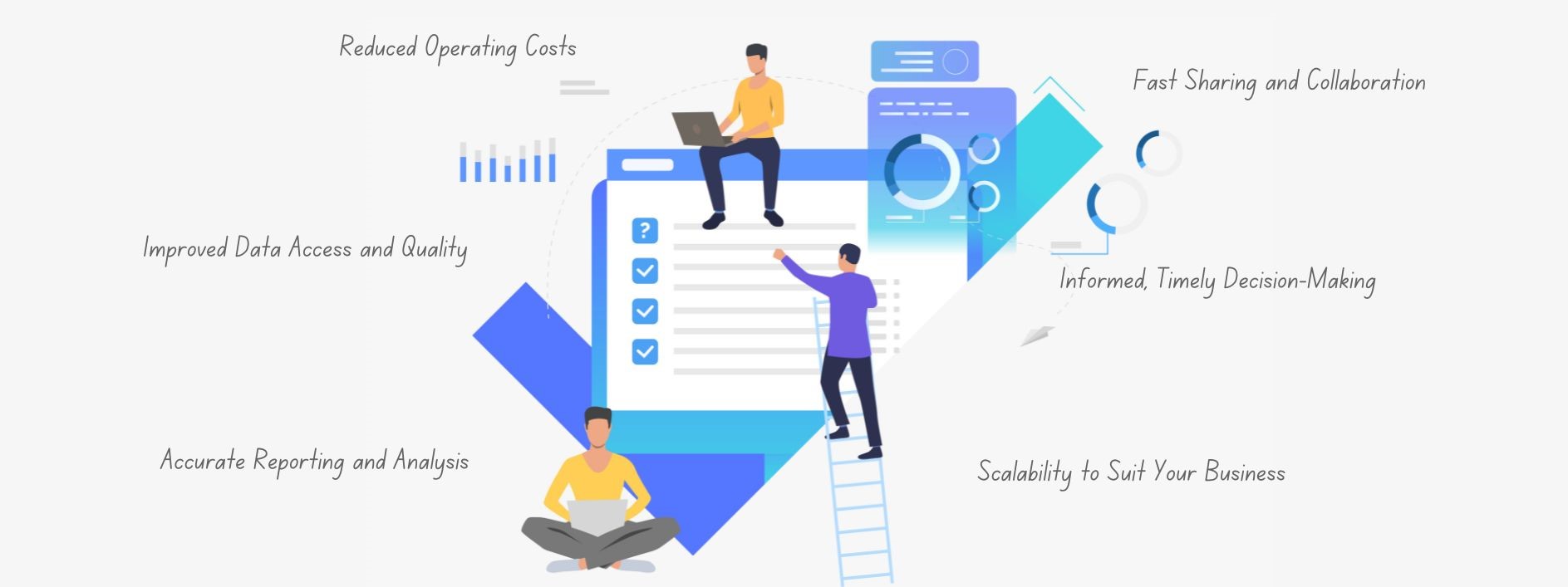
Benefits of Using an ERP System for Small Businesses
In summary, the benefits of implementing an ERP system for your small business are profound and far-reaching:
- Reduced Operating Costs: ERP systems automate tasks, reduce errors, and optimise processes, leading to significant cost savings over time.
- Improved Data Access and Quality: Centralised data ensures accuracy and accessibility, facilitating better decision-making.
- Accurate Reporting and Analysis: ERP systems provide real-time insights, empowering data-driven decisions.
- Fast Sharing and Collaboration: Real-time collaboration enhances teamwork and boosts overall productivity.
- Informed, Timely Decision-Making: Timely access to accurate data enables prompt and well-informed decision-making.
- Scalability to Suit Your Business: ERP systems evolve alongside your business, ensuring seamless growth.
Final Words
In a world where agility and efficiency are paramount, ERP system for small businesses offer the technological backbone that propels businesses toward success. From optimising operations and fostering collaboration to enhancing customer experiences and facilitating growth, ERP systems are the catalysts that transform aspirations into achievements.
Embrace the power of ERP systems and position your small business for a future marked by innovation, efficiency, and sustained growth. With the right ERP system in place, your small business’s success story is ready to unfold, powered by the capabilities and advantages only an ERP system can provide.
